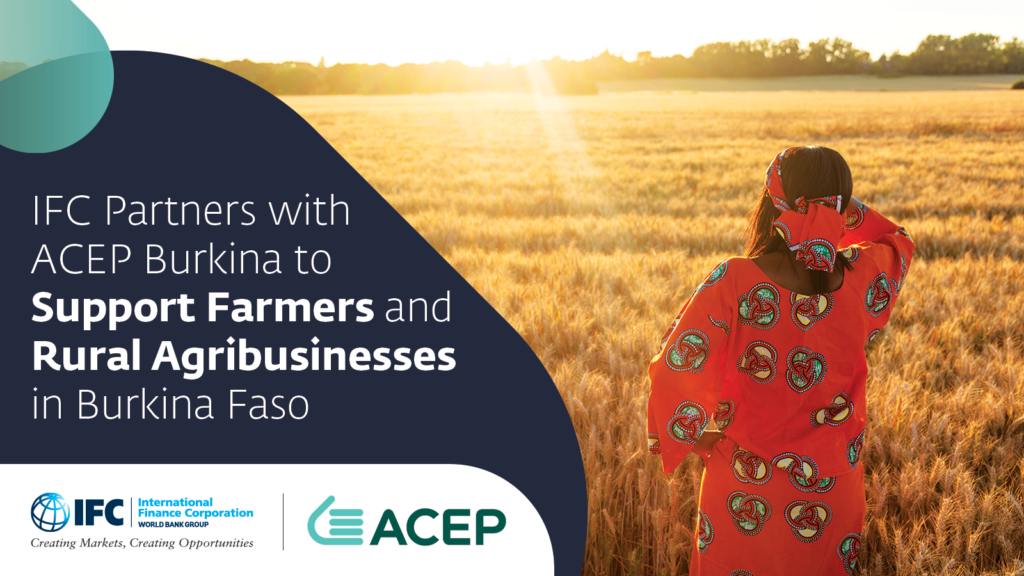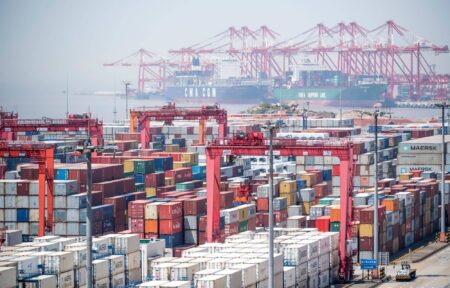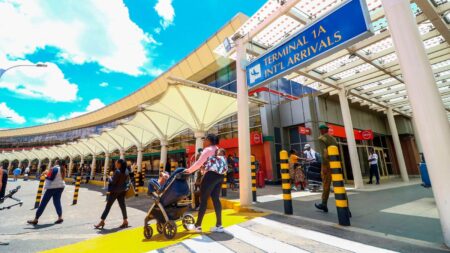- Burkina Faso’s largest microfinance institution ACEP Burkina has received $2 million from the International Finance Corporation (IFC).
- The loan facility will allow ACEP to ramp up access to longer-term finance for agri-sector MSMEs, smallholder farmers, and businesses in rural food chains in Burkina Faso.
- The financing will also help improve ACEP Burkina’s liquidity and support the company’s expansion of its mobile banking and access to credit services for rural MSMEs.
Burkina Faso’s largest microfinance institution ACEP Burkina has received $ 2 million from the International Finance Corporation (IFC) aimed at improving access to finance for farmers and micro, small and medium sized enterprises.
The loan facility will allow ACEP to ramp up access to longer-term finance for agri-sector MSMEs, smallholder farmers, and businesses in rural food chains in Burkina Faso, including women-owned businesses, contributing to increased agricultural production.
The financing will also help improve ACEP Burkina’s liquidity and support the company’s expansion of its mobile banking and access to credit services for rural MSMEs.
Agriculture accounts for about 60 percent of Burkina Faso’s employment, but rural financial inclusion is low and the country’s formal MSME finance gap is estimated at $1.6 billion. Promoting rural finance is, therefore, essential to supporting agriculture-dependent households and boosting productivity.
“ACEP Burkina is delighted to count on IFC’s support to foster social and economic development in Burkina Faso through better financial inclusion for unserved and underserved MSMEs in rural areas,” said Ousséni Kirakoya, Managing director of ACEP Burkina.
Created in 2012, ACEP Burkina was the fourth financial institution established by ACEP International and I&P Afrique Entrepreneurs and has quickly grown to become the second largest microfinance institution in Burkina Faso.
It was founded to provide financial services to underserved / excluded MSMEs in urban and semi-urban areas. The majority of ACEP Burkina’s loans are channeled to the commerce sector, typically to the owners of very small informal businesses or retail shops in business centers like Ouagadougou and Bobo-Dioulasso.
IFC’s investment is supported by the International Development Association (IDA)’s Private Sector Window Local Currency Facility, which provides long-term local financing for businesses in underserved markets.
As part of the 19th replenishment of the IDA, the World Bank Group is continuing the IDA Private Sector Window (PSW) created under IDA18 to catalyze private sector investment in the poorest and most fragile countries. Recognizing the key role of the private sector in achieving IDA’s objectives and the World Bank Group’s twin goals, the window provides a source of co-investment funding and guarantees to de-risk private investments supported by IFC and the Multilateral Investment Guarantee Agency (MIGA). (Adipex)
The IDA PSW is an option when there is no commercial solution and the World Bank Group’s other tools and approaches are insufficient.
This project is part of IFC’s Rural Finance Facility (RFF), which supports financing for MSMEs in rural areas, including agri-MSMEs, smallholder farmers, and rural value chain operators in fragile and low-income countries across Africa and the Middle East.
“Increasing access to finance for MSMEs in rural areas in a difficult macroeconomic context is key for Burkina Faso to harness its agribusiness potential and spur development,” said Charlotte Ndaw Sako, IFC’s acting Country Manager for Burkina Faso. “The loan announced today underscores IFC’s commitment to business activity and food security in Burkina Faso at a time of rising inflation for food and other products.”
IFC priorities in Burkina Faso focus on addressing the energy, transport and digital gaps; developing and diversifying the agriculture sector; facilitating SMEs access to finance and supporting structural reforms to support the development of competitive industrial, artisanal, and services sectors.
In fiscal year 2022, IFC committed a record $32.8 billion to private companies and financial institutions in developing countries, leveraging the power of the private sector to end extreme poverty and boost shared prosperity as economies grapple with the impacts of global compounding crises.
Earlier, Union Bank of Nigeria Plc received a $30 million loan facility from the IFC to help the bank expand lending to hundreds of businesses operating in critical sectors in the country that include food, healthcare, manufacturing, and services.
The facility will allow Union Bank to increase trade financing and working capital lending to Nigerian businesses, including those whose cash flows have been strained by recent disruptions in global and local markets.











